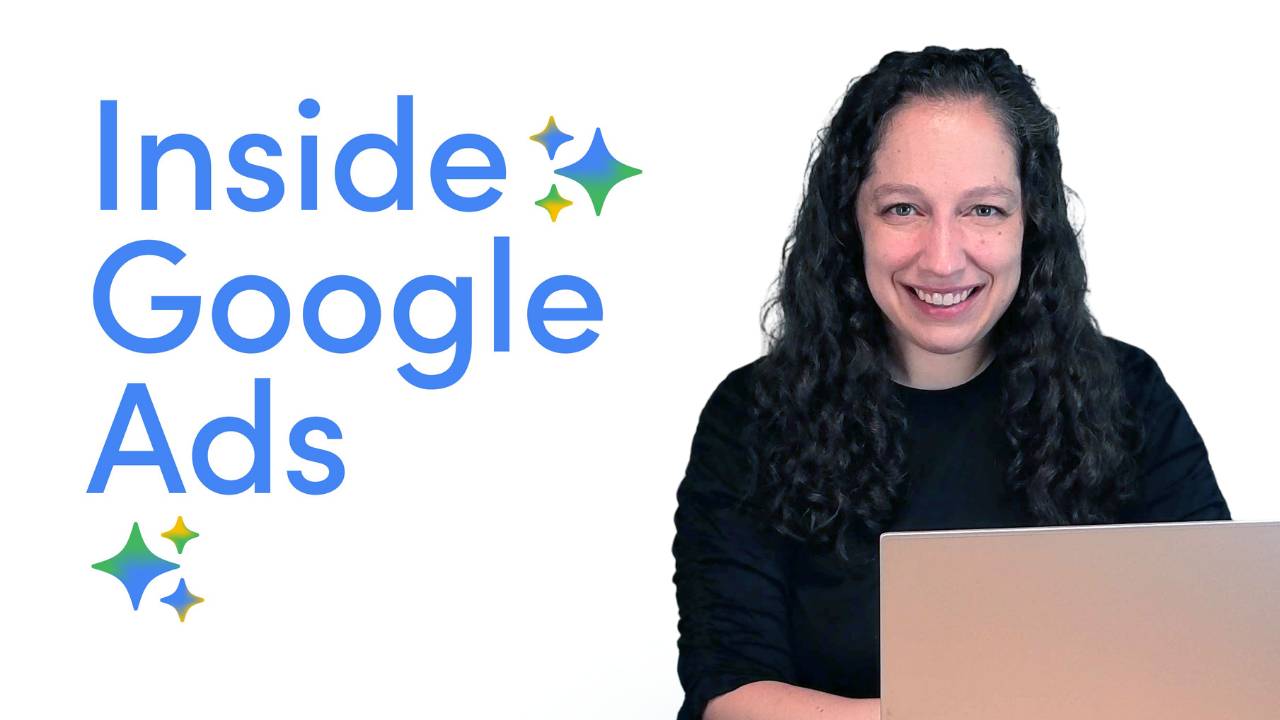Google Ads Maximize Conversions: Should You Use it for New Accounts?
Jun 23, 2025
By: Jyll Saskin Gales, Google Ads Coach
You’re ready to launch a brand new Google Ads account. You have a healthy daily budget and your campaigns are built, but one critical piece is missing: which bidding strategy should you choose?
Many advertisers worry that picking "Maximize Conversions" in this scenario is like handing Google a blank check. Without past conversion data to guide it, will the algorithm just drive costs through the roof? This fear pushes many toward the seemingly "safer" option of Maximize Clicks or Manual CPC. But starting with the wrong strategy is a costly mistake that can slow your progress from day one.
In this article, I'll explain why I usually recommend using Maximize Conversions from the very beginning - and I'll show you how to do it effectively.
We'll cover:
- Why Maximize Conversions works for brand new accounts.
- The crucial difference between optimizing for keywords and optimizing for users.
- How to achieve intentional, not accidental, conversions.
- What to do when your new campaign struggles to get clicks.
How Can Smart Bidding Work on a Blank Slate?
You might be thinking, "I don't have any conversion data! How can Google maximize something that doesn't exist yet?" That's a fair question. The key is to understand that your account's history is only one part of the equation.
Google’s Smart Bidding uses two main ingredients to learn:
- Historical information about your campaign.
- An evaluation of the contextual signals present at auction time.
When your account is new, you don't have the first ingredient. But the second one - evaluating contextual signals in real-time - is incredibly powerful and available from the very first ad impression. Even without your own conversion data yet, Google leverages its vast understanding of user behaviour to predict which clicks are most likely to convert based on signals like keyword relevance, ad quality, and user interests.
The Critical Difference: Optimizing for Queries, Not Just Keywords
Here’s a practical example of what "contextual signals" really means. Let’s say you're an education provider bidding on the exact match keyword [google ads course].
If you use a basic strategy like Manual CPC, you can only bid at the keyword level.
But in reality, that one keyword can be triggered by many different user searches (queries), such as:
- “adwords course”
- “google advertising course”
- “google search ads course”
- “online course for google ads”
Smart Bidding, even without history, can evaluate each of these search queries independently. It leverages its massive understanding of user behaviour to predict that someone searching for "AdWords course" might be a beginner, while someone searching for "Google Search Ads course" might be a more advanced user with higher purchase intent.
Maximize Conversions can bid differently for each of these queries, even though they fall under the same keyword. It bids higher for the query it predicts will convert and lower for the others. This is a level of nuance that Manual CPC simply cannot achieve.
The Fastest Route to Your Real Goal
If you have a high daily budget, your goal is to move to a more advanced, target-based bid strategy like Target CPA (Cost Per Acquisition) or Target ROAS (Return on Ad Spend) as quickly as possible. And what do you need to effectively use those strategies? Conversion data.
So, what is the fastest way to get relevant conversion data? By using a bid strategy whose one and only objective is to get you conversions. That strategy is Maximize Conversions.
Starting with Maximize Clicks is a detour. You're telling Google to find cheap traffic, so you'll be gathering data on what kind of users click, not what kind of users convert. This slows down the process of collecting the valuable data you actually need.
Do You Want Accidental or Intentional Conversions?
Let’s break down what you're asking Google to do with each bid strategy, in plain English.
- When you use Maximize Clicks, you are telling Google: "My goal is to get as many clicks as possible as cheaply as possible." The algorithm becomes singularly focused on finding cheap clicks, without regard for whether those clicks lead to sales. When a conversion does happen, it's essentially a happy accident.
- When you use Maximize Conversions, you are telling Google: "My goal is to get as many conversions as possible within my budget." The algorithm is now singularly focused on conversions. It will actively seek out users it predicts are most likely to take the action you care about. Conversions are the goal, not an accident.
That’s how you should want to spend your money - with a clear, intentional focus on results from day one.
Troubleshooting: "My Campaign Is Barely Getting Clicks!"
In some cases, you might find that your ads aren't serving as often as you'd like when using Maximize Conversions on a new account. This typically happens in niche industries with low search volume.
It's tempting to panic and switch to Maximize Clicks. But it’s important to remember that low serving with Maximize Conversions often indicates a deeper issue: low demand. Switching strategies might bring in more traffic, but it won't solve the underlying problem.
Instead, focus on addressing the root cause. For example, explore related keywords, long-tail phrases, and competitor terms to reach a wider audience. Consider using phrase or broad match instead of exact match. Consider whether launching an audience-targeted Demand Gen campaign might help you proactively reach your ideal audience. And ensure that you have highly engaging ads so that when you do reach that audience, they're more likely to click and convert.
By tackling the issue of low demand head-on, you can create a more sustainable foundation for your Google Ads campaigns and achieve long-term success. You're not just getting clicks; you're building a smarter account that is aligned with your business goals from the very beginning.
Free Google Ads newsletter
Join 8,000+ business owners and marketers discovering my secrets to Google Ads success. Subscribe now for proven tactics in your inbox every other Tuesday.


